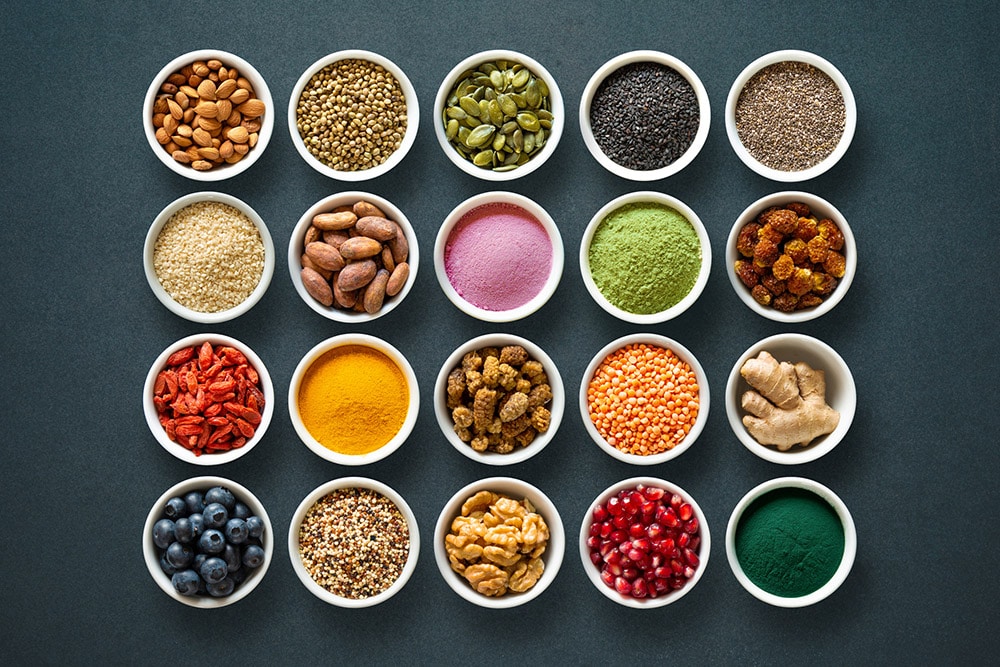Misplacing keys, forgetting names, struggling with words…
You know the signs. They’re the red flags that signal dementia should be on your radar.
And chances are, you know someone who has struggled with this life-altering disease. Or you’re dealing with the symptoms yourself.
While there’s currently no cure for dementia, there are ways you can help PREVENT it.
And now research has revealed that maintaining optimal levels of two, specific nutrients could very well be the secret to FENDING off dementia down the road.
Risk of Dementia Tied to Your Antioxidant Levels
According to a new study published in the journal Neurology, your risk of developing dementia over time could be directly tied to your body’s antioxidant levels.
The study found that higher blood levels of lutein+zeaxanthin and beta-cryptoxanthin – two types of carotenoids (the pigments found in many orange and yellow plants) – were tied to a lower risk of dementia.
The names of these nutrients may be tongue-twisters, but they are found in many, everyday foods.
Green, leafy vegetables like kale, spinach, and broccoli are great sources of lutein+zeaxanthin. And you can find beta-cryptoxanthin in colorful fruits like oranges, papaya, and tangerines.
The link between antioxidants and dementia makes a lot of sense when you think about it…
One of the hallmarks of dementia is high levels of oxidative stress. But studies have found that consuming high levels of antioxidants helps protect your brain cells from damage caused by oxidative stress, lessening your chances of dementia over the long term.
Eating these kinds of foods is NOT a cure for dementia… but eating them on a regular basis will certainly help reduce your risk of dementia.
The best way to ensure you’re getting enough antioxidants in your diet is to add some color to your plate.
A good rule of thumb when looking for foods with high antioxidants levels? The brighter, the better!
Look for fruits and vegetables that are green, red, orange, yellow, and even purple.
And if you’re in a pinch, consider looking for dietary supplements of lutein, zeaxanthin, beta-carotene, and lycopene – which you can find at most health food or vitamin stores.
If you do take any supplements, just be sure to only take the dosage listed on the product label.

